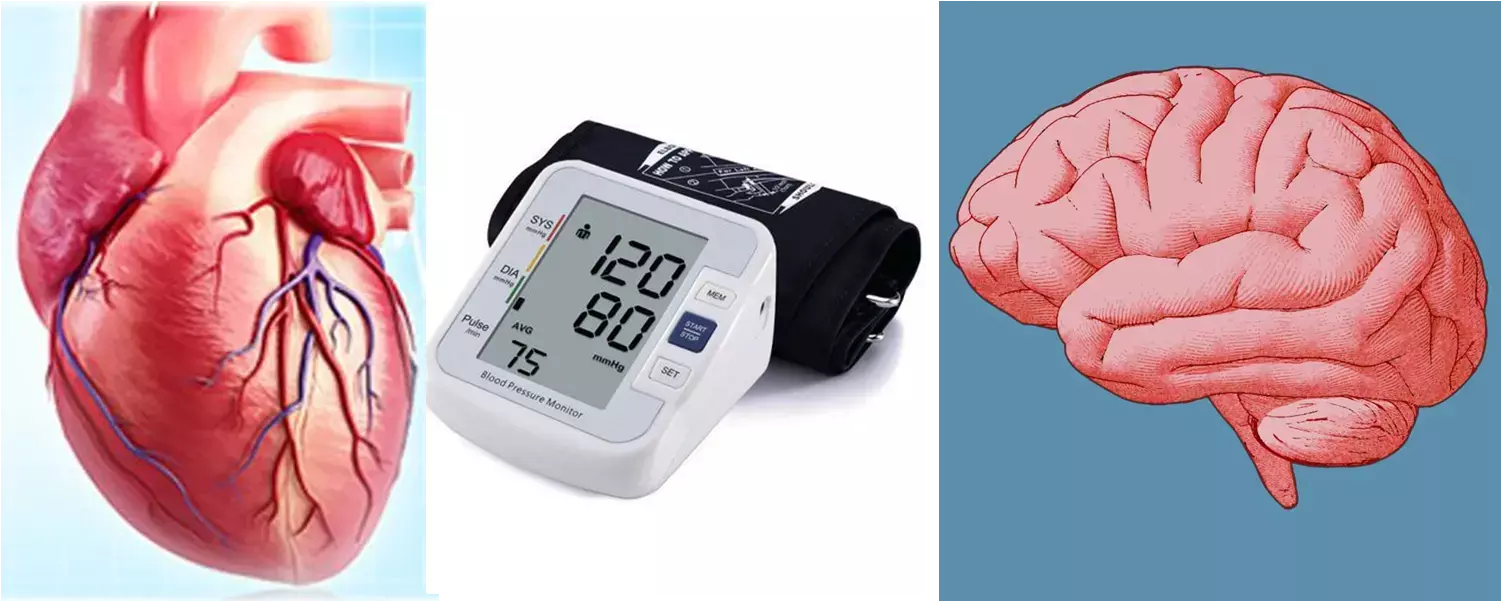- Home
- Medical news & Guidelines
- Anesthesiology
- Cardiology and CTVS
- Critical Care
- Dentistry
- Dermatology
- Diabetes and Endocrinology
- ENT
- Gastroenterology
- Medicine
- Nephrology
- Neurology
- Obstretics-Gynaecology
- Oncology
- Ophthalmology
- Orthopaedics
- Pediatrics-Neonatology
- Psychiatry
- Pulmonology
- Radiology
- Surgery
- Urology
- Laboratory Medicine
- Diet
- Nursing
- Paramedical
- Physiotherapy
- Health news
- Fact Check
- Bone Health Fact Check
- Brain Health Fact Check
- Cancer Related Fact Check
- Child Care Fact Check
- Dental and oral health fact check
- Diabetes and metabolic health fact check
- Diet and Nutrition Fact Check
- Eye and ENT Care Fact Check
- Fitness fact check
- Gut health fact check
- Heart health fact check
- Kidney health fact check
- Medical education fact check
- Men's health fact check
- Respiratory fact check
- Skin and hair care fact check
- Vaccine and Immunization fact check
- Women's health fact check
- AYUSH
- State News
- Andaman and Nicobar Islands
- Andhra Pradesh
- Arunachal Pradesh
- Assam
- Bihar
- Chandigarh
- Chattisgarh
- Dadra and Nagar Haveli
- Daman and Diu
- Delhi
- Goa
- Gujarat
- Haryana
- Himachal Pradesh
- Jammu & Kashmir
- Jharkhand
- Karnataka
- Kerala
- Ladakh
- Lakshadweep
- Madhya Pradesh
- Maharashtra
- Manipur
- Meghalaya
- Mizoram
- Nagaland
- Odisha
- Puducherry
- Punjab
- Rajasthan
- Sikkim
- Tamil Nadu
- Telangana
- Tripura
- Uttar Pradesh
- Uttrakhand
- West Bengal
- Medical Education
- Industry
One size fits all, not true for BP- Different BP targets for Heart and Brain: Study

Existing data from SPRINT Trial demonstrated favorable outcomes in terms of CV events and deaths by SBP target of <120 mm Hg as compared to target of <140 mm Hg.
However, subgroup analyses of SPRINT showed that people with lower baseline DBP did not had favourable outcomes despite intense SBP control. Current U.S. guidelines target BP <130/80 mm Hg in nearly all patient populations. This recommendation is based largely on studies that evaluate SBP and DBP independently.
This study was planned to evaluate risk patterns for CV events associated with SBP and DBP values simultaneously using data from the ALLHAT trial. THE primary outcome of this study is composite of all-cause mortality, myocardial infarction (MI), congestive heart failure (CHF), or stroke. A total of 33,357 participants were included. Over a median follow-up of 4.4 years 2,636 experienced MIs, 866 CHF events, 936 strokes, and 3,700 deaths.
Following observations were noted
1) U shaped association was observed for the composite outcome with SBP and DBP.
2) SBP and DBP associated with the lowest hazards differed for each outcome.
3) The association of SBP and stroke was linear.
The reasons for the varying patterns of BP may be related to differences in the pathophysiology of MI and stroke. Lower DBP may lead to lower perfusion to the coronary arteries during diastole and is associated with arterial stiffness and valvular pathology. Stroke, in contrast, is mainly caused by atherosclerosis and ischemia from chronic damage to small vessels with prolonged systolic hypertension. So a linear association of SBP and DBP on stroke was observed.
Some of the limitations are
1) This is a retrospective observational study which has residual confounding
2) Results could not be extrapolated to low-risk or normotensive populations.
Authors concluded that the risk pattern of SBP and DBP differs by clinical outcomes, and target SBP and DBP should be tailored according to patients risk factors.
Source: journal of the American college of Cardiology
doi.org/10.1016/j.jacc.2021.08.035
MBBS, M. D. Respiratory Medicine
Dr Sravan Kumar V, completed his M. B. B. S from SRMC, Nandyal and M. D. in Respiratory Medicine from the JSS Medical College, Mysore. After completing MD. he worked as Senior resident in Kasturba Hospital, Manipal. He is actively involved in various research activities of the department. Currently he is working as senior resident in Mallareddy medical college for women, Hyderabad. He can be contacted at editorial@medicaldialogues.in.
Dr Kamal Kant Kohli-MBBS, DTCD- a chest specialist with more than 30 years of practice and a flair for writing clinical articles, Dr Kamal Kant Kohli joined Medical Dialogues as a Chief Editor of Medical News. Besides writing articles, as an editor, he proofreads and verifies all the medical content published on Medical Dialogues including those coming from journals, studies,medical conferences,guidelines etc. Email: drkohli@medicaldialogues.in. Contact no. 011-43720751


